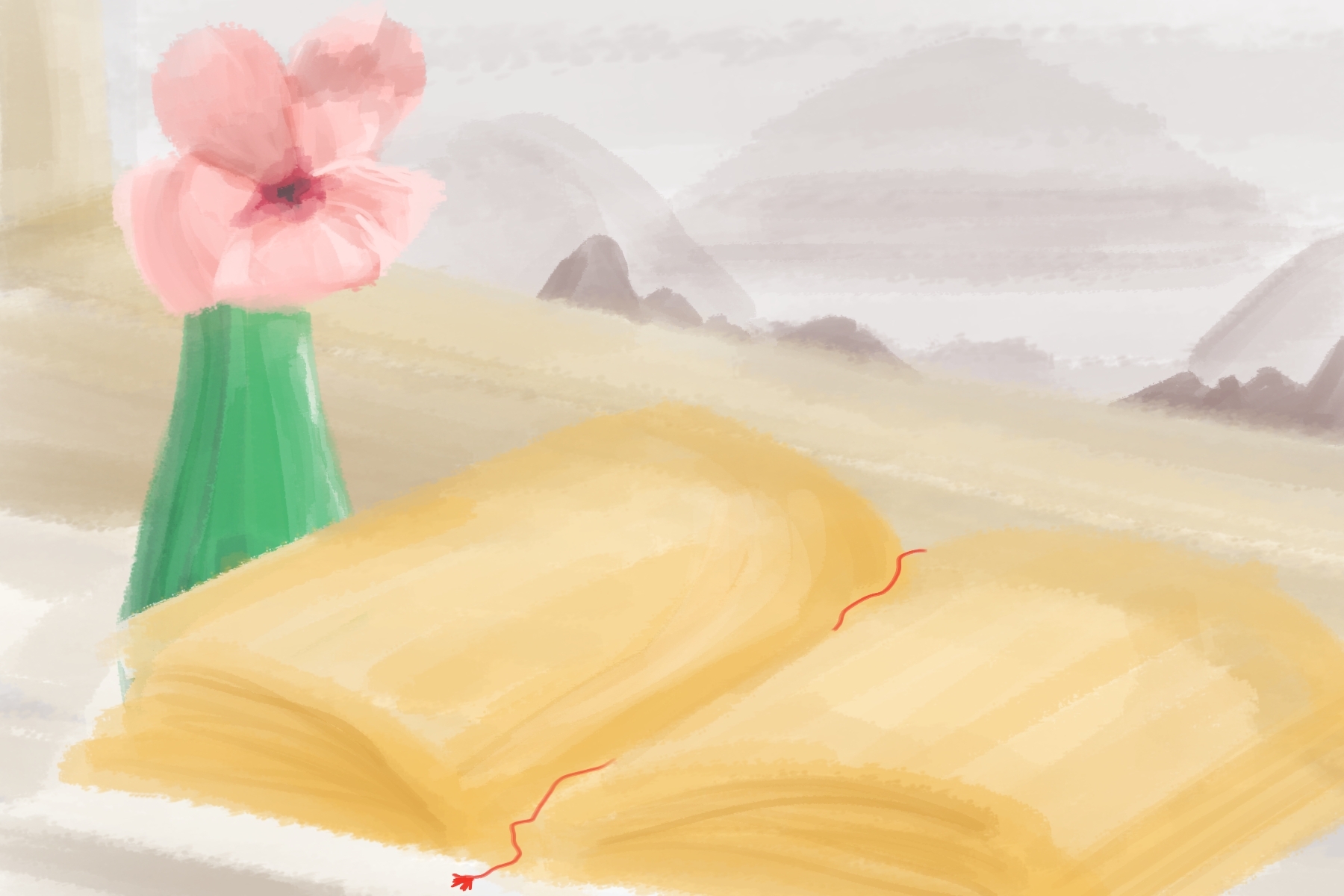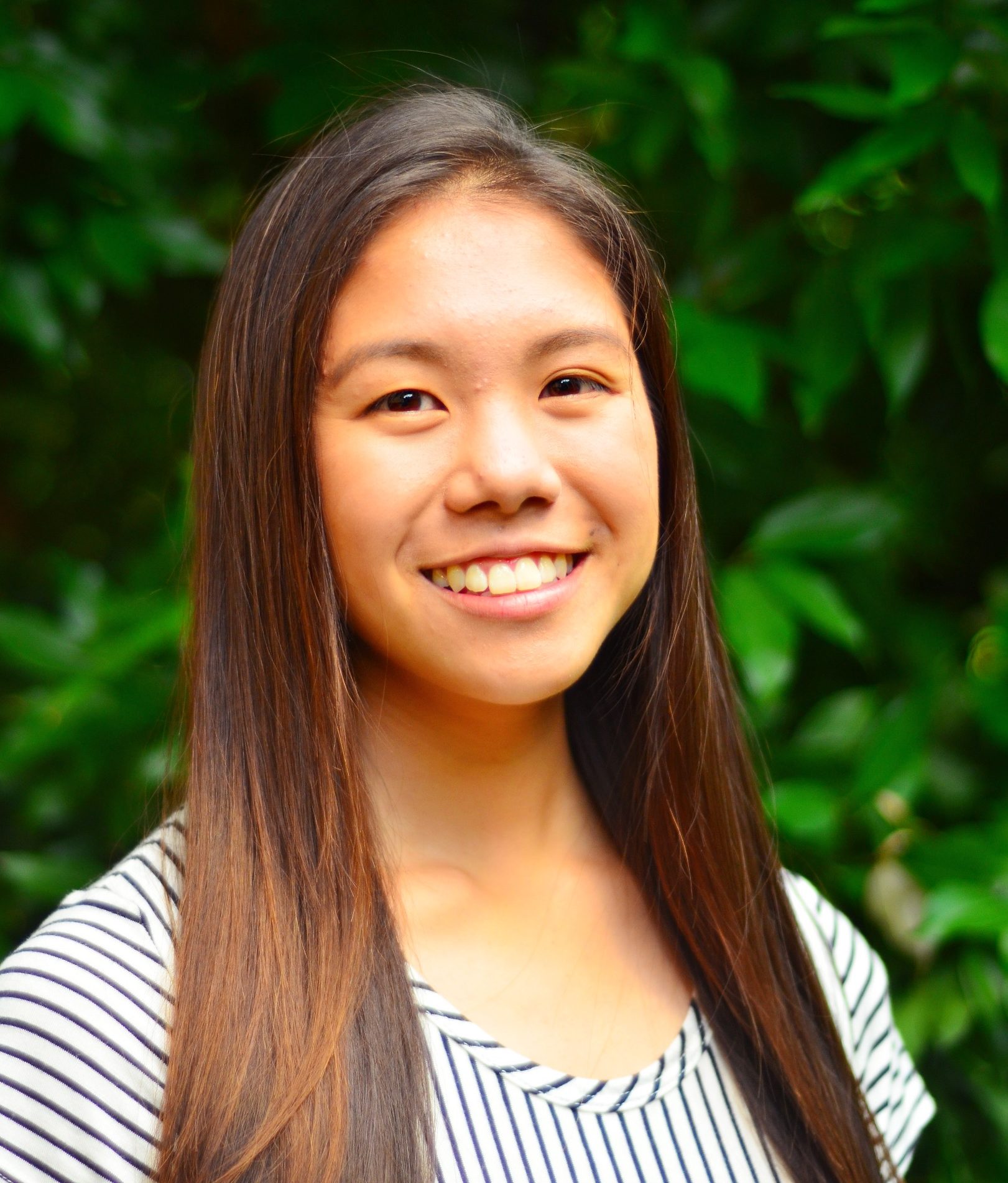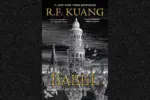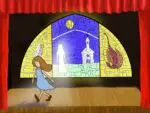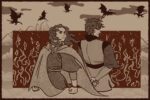When authors Sherri L. Smith and Monica Hesse each sat down to write their latest historical fiction novels years ago, they couldn’t have seen that their completed books would be released right on the cusp of the pandemic. Nobody saw this coming. But now, six months into quarantine and three-quarters of the way through 2020, their accounts of the catastrophic World War II tap into a distress that’s somehow achingly familiar, and shared across the world.
In the U.S. alone, the pain of the pandemic, racial injustice, tropical storms and raging fires feels, collectively, like too much to bear. Post-pandemic life will be totally different. But when I stumbled upon the two authors’ snapshots of World War II, their novels filled me with a strange comfort.
Hesse’s “They Went Left” and Smith’s “The Blossom and the Firefly” follow the war’s imprint on completely distinct characters in different countries, but in walking alongside them, I was reminded that 2020 isn’t the first year to see global devastation, change and uncertainty.
When the present is painful and the future is foreboding, there is solace and new perspective to be found in examining the past. Historical fiction is one enjoyable avenue into events that, if you’re anything like me, sometimes feel hard to understand or too far away to be relevant. Through their imaginative, research-based story arcs and relatable characters, these authors offer a guiding hand to help us explore the lessons to be learned from history.
Here are a few insights from these good historical fiction books that can help us reframe our current predicament.
Much To Be Grateful For
Whether your experience of the pandemic has been marked by the tediousness of online school and lonely distance from friends, or your family works in health care or you’ve lost a loved one, you have every right to grieve. The pandemic has drastically altered everyone’s lives, and mourning is necessary to become whole again.
But personally, I found that my tears over fraying friendships and the loss of my ideal senior year become pretty trivial in light of the pain brought on by genocide and war. The first thing that struck me as I progressed through these novels was the stark difference between the characters’ situations and mine.
I read about food shortages, murdered Jewish family members, Japanese suicide missions and the betrayal by false friends. While my own pain didn’t necessarily get smaller, my gratitude certainly grew as I realized all the basic blessings that I had taken for granted, like a bed to sleep in, more than enough food to live on and my family just a phone call away. This global shift in perspective encouraged me to take into account my blessings as well as my problems: I realized that I actually do have a lot to be thankful for.
Treasure the Past, But Don’t Hold It Too Tightly
Watching the characters progress through their journeys in flawed, human ways not only gave voice to some of the emotions I was feeling, but also shined a light on some of the behaviors I was falling into. Romanticizing the past was one of them.
Sometimes when our current season is particularly difficult, we can cling tightly to the past and idealize the future. And for some, this coping mechanism is what gets you through the fragmented present. The refugees in Hesse’s story look back fondly on their hometowns and the special little details that made them feel at home where they used to live. And the protagonist, Zofia, repeatedly recites her list of family, friends and essential details of her old life as she searches for her brother — for her, it’s the only way to hold on to her identity and remember where she came from. The same may apply to us.
As we near half a year of social distancing and quarantine, I’m seeing a lot of throwbacks to pre-coronavirus life on social media. And we’d all be lying if we said we hadn’t looked longingly at photos or mementos of the days when we could all hang out in large groups and exchange hugs without masks. Present lack tends to make us appreciate the things we took for granted before, and that’s not a bad thing. Memories of the past can reaffirm our identity and purpose, even if we’re not able to live those out in the same ways now.
It’s a healthy move, though, to recognize this nostalgia and longing as the passing emotions and coping mechanisms that they are.
It’s Okay To Change and Move On
It’s also important to move out of that grief regularly, and not make a permanent home there.
Zofia in Hesse’s story has a mental condition akin to PTSD; much of the story involves her getting used to this newly unreliable mind and weaker, malnourished frame. Emotional trauma has forced her to grow up and her new physical limits are both frustrating and embarrassing. But she learns to accept them, work with what she has and work to reforge the sense of confidence and agency she lost in the war.
Likewise, Smith’s Taro, a young Japanese suicide bomber, and Hana, a schoolgirl-turned-maid who accompanies the pilots in their final days, both lose any childish innocence in the face of nationalistic duty and somber destruction. When they return to society and their hometowns, they are forced to face the fact that they’re no longer the carefree kids they once were — they see the world through new eyes.
Loss and isolation and loneliness may not necessarily change you forever, but they can certainly affect how you perceive yourself and how you interact with others in the short term. There’s no going back to the way things were before, both on a broader scientific-societal scale and on a personal, emotional one. The routines, career or friends you saw as constants may change. So don’t be afraid to reflect on your past, but do decide to move on, carrying the memories with you without letting them overwhelm you.
Find Purpose in Work and Community
As our favorite “Frozen” princess says, the past is in the past. But we do have control over the present, and our actions now can shape our future to some degree. Hesse’s and Smith’s characters modeled the importance of moving on — of looking ahead, not behind. Although your familiar old life may have shifted, you can still take steps to find purpose, fun and good friends.
While there’s no set blueprint for steps to take to heal from crisis — each disaster calls for its own unprecedented shifts — certain habits make coping and moving on a lot easier.
Investing in relationships is one necessary step. Zofia and Hana both find joy as they find the right people to trust and then nurture those relationships. Even in the less-than-ideal circumstances of a refugee camp or barracks for suicide bombers, life-giving relationships are possible. Letting go of the past and finding healing is nearly impossible on one’s own, but doable in community.
Whether leaning into your job or extending unexpected hospitality toward others, I observed that meaningful work that serves others in some way can also greatly lend some purpose to the monotonous in-between season. Hana and her mother find renewed purpose and quality time in hosting a few soldiers for dinner. Zofia gains confidence and purpose from using her seamstress skills to help her community. If you spend the summer in idleness, school or work can provide a welcome change of pace.
A creative outlet or side hobby that’s unrelated to work can also provide comfort and welcome distraction. Taro finds refuge in playing his violin, and Hana honors her father’s legacy by playing his koto instrument. What starts out as a calming diversion also ends up being a special place of bonding. Whether it’s painting, photography, Instagram captions or an Etsy shop, finding creative outlets to express your emotions can bring joy to sad or boring days.
This Won’t Last Forever
Finally, as we’re now living on the other side of World War II, reading about these sad, beautiful accounts with knowledge of the end in mind reminded me that there is always an end to things.
Hesse and Smith both emphasize that the journey back to familiar people and routines is always different and often a little messy. The characters in “They Went Left” have to choose whom to forgive and whom to distance themselves from, forge unfamiliar new relationships and make hard decisions about where to settle down. Hana and Taro in “The Blossom and The Firefly” come home to altered relationships with their parents, home communities and nation. But each in their own ways, the characters that choose to move on do find a way forward.
We won’t live in this pandemic forever. Many people behind the scenes are working to help keep our economy afloat, bring down the numbers of new cases and deaths and formulate a vaccine. Still others are creating plans for going back to school and work, reopening community centers and events and transitioning some industries and jobs to hybrid or modified in-person formats. We’re adapting and innovating and working toward realizing a new normal — one that will hopefully enable us to thrive, reconnect and catch our breath. As with crises and wars past, we’ll learn from this experience and adapt.
While Netflix and YouTube and fiction books are welcome avenues of escape from our situation, there’s something to be said for the grounding reality check that can be found in historical fiction. When school and relationships and work feel up in the air and we’re not sure when this will end, a fact-based peek into the past can plant our feet back on the solid ground of what has happened before. Humanity is resilient; we’ve faced horror and heartache before. Historical fiction reminds us that we’ll get through this season.


